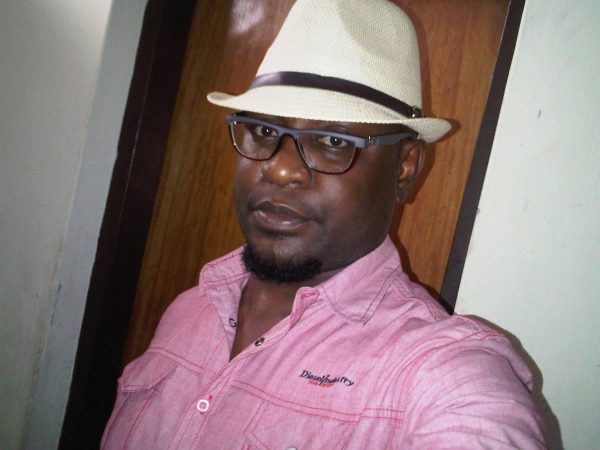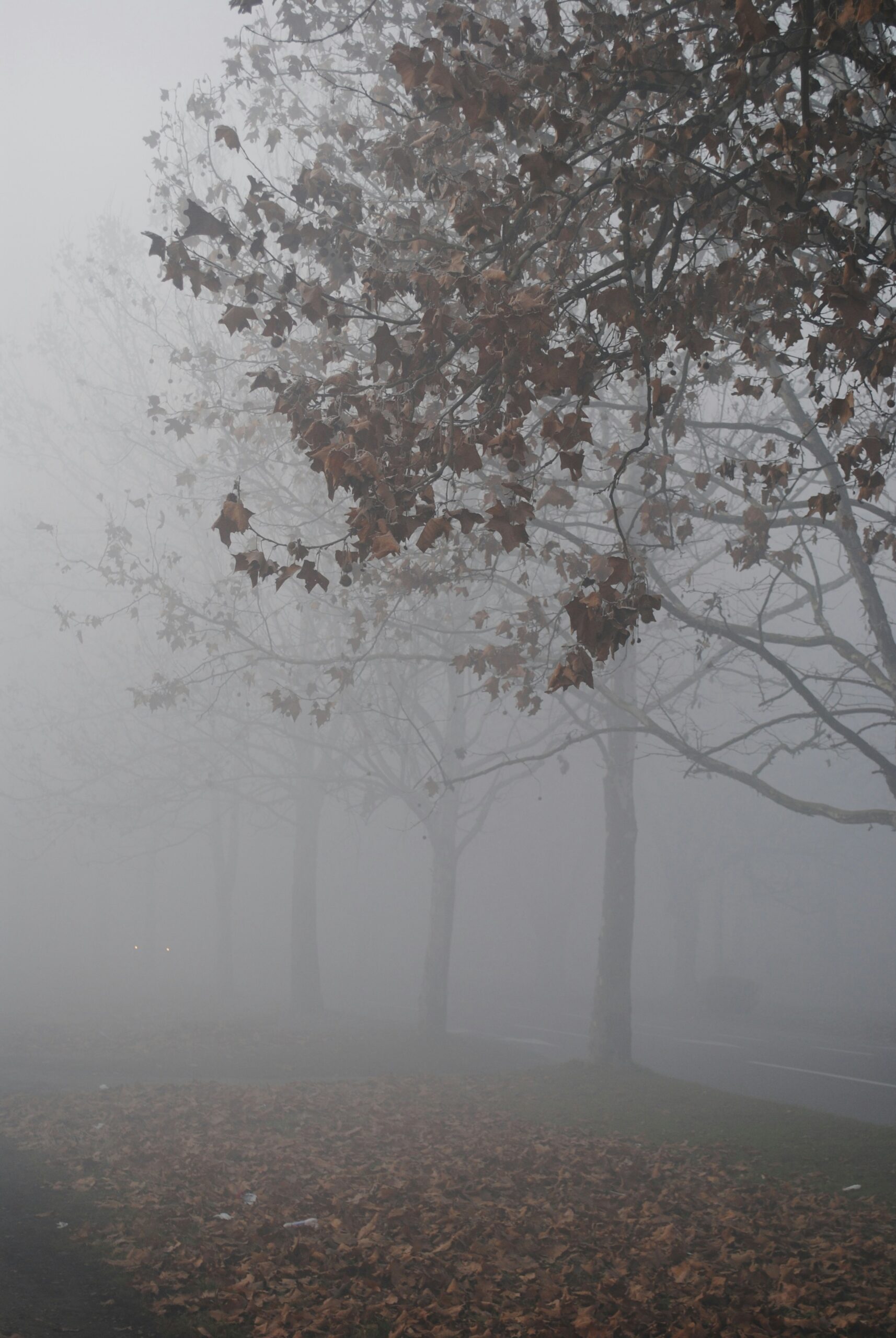
Konya Shamsrumi: What is the process of writing a poem like for you? Is it a lot of hard work or easy?
Peter Akinlabi: For me it depends on the poem. I have written poems easily, say in one minute. But I can contradict that in a way and say I have never published a poem that was easy for me to write. Words and ideas come to me easy enough, but because they come mute and tangled, I have to set them up in a cauldron, you know, and bid them speak and unfurl as I seek the language to “translate” them. It is the process of translation that I find ‘hard’.
Konya Shamsrumi: Please describe your sense of identity in this or any possible world in imagery or metaphor?
Peter Akinlabi: I will borrow these lines from my poem “A Song for Dada” from the collection “Iconography”:
I am he who straddles two lives
A courier of another’s
Inarticulate transition.
These lines in a sense capture all the corporeal, spiritual, and agonistic significations that I bear, plus my aesthetic duty.
Konya Shamsrumi: If any of your poems could literarily save a person’s life, which poem would it be and can you describe the person whose life you think it would have saved?
Peter Akinlabi: Of course you did not mean this tongue-in-cheek, with the spectacle of a Pentecostalist testimony at the back of your mind. Like you know, Praise the Lord, I was reading this poem at the station, got engrossed and missed the bus and there was an accident involving the bus… Hallelujah!!
See, I think therapy will save life, so will a life jacket, or seat belt, or those hymns they sing in orthodox churches. Not contemporary poetry. Certainly not my own poems, hain! My poems to start with seem to have little interest in the physical, physiological or spiritual well-being of my subjects – be them persons or things. I am interested in the fact and meaning of their existence, certainly, but my agon is actually with the language used to convey those facts and meanings. How’s that kind of poetry going to save anyone? But then, stranger things have been known to happen.

Konya Shamsrumi: What does Africa mean to you, as potential or reality?
Peter Akinlabi: Africa can be both. The fact of her existence confirms her reality. As potential, she seems more complicated. “Africa” is an entity that brings the word “incompleteness” to mind, like something that is continually being invented, or forever in a process of becoming. Being African, for instance, is way dissimilar to say being European or even Asian. In Africa, we emerge everyday with a new sense of identity, of reality, of magic, of definitions. Hey, ever heard of a category of Europeans called Europolitans?
Konya Shamsrumi: Could you share with us one poem you’ve been most impressed or fascinated by? Tell us why and share favourite lines from it.
Peter Akinlabi: One day many years ago, as an undergrad, I opened pages of a book of poems titled “Boleros” at the University Library, and time stood still. It was poem 5:
All names are invocations, or curses.
One must imagine the fictive event that leads to
He-Who-Shoots-Porcupines-By-Night,
Or Andrew Golightly, or Theodore, or Sally.
In the breath of stars, names rain upon us;
We seem never to be worthy
Or , having leaned the trick of being worthy,
We seem never to be prepared for the rein of names,
That will walk beside us, even unto surly death.
By the second stanza, I had decided the book should belong to me and not to the neglect of the Library. See, a moment before I found this book, I was bemoaning the defacement of Vladimir Mayakovsky’s Collected Poems.
And like Hermes, at that moment, I planned an heist:
Sometimes death has embraced those who never came forth,
Those who were impeached for unspeakable desire,
Even as they lay in mothers‘ cave hollow wombs,
Speechless. Eyeless, days away from the lyrics of light
And a naming. Dead or alive something waits
In the face or movement of a child still held in that hollow, something
That will become an appropriate exchange for the life
Buried by coming forth, or by disruption of the life with no reason to appear.
Now I cannot name the child you carried.
All voices, dilated with need not desire, have ceased.
For a young student who was very familiar with Yoruba’s ritual and mythologies of childbirths, stillbirths, aborted births and naming, this poem showed me something. Some poetic possibilities I never imagined possible outside Africa. Something similar to what Soyinka did in “Death at Dawn” or Mukhtar Mustaha’s “Gbassay- Blades in Regiment”. It was a triumph of the hybridised imagination.
I have read many of Wright’s poems after that. But I always go to this poem and let it hold me by the hand, as it whispers: “see how transmutable hidden things can be made visible with the right poetic fervour, see?”
Well I never stole Boleros, which I had planned to spirit out, together with that Mayakovski’s, on my way out of the Library. But not for lack of trying. Do our people not say “behind an egregious reading habit, there is an egregiously failed crime”?
Peter Akinlabi lives and works in Ilorin, North Central Nigeria. He is the author of two books of poems, A Pagan Place and Iconography
Twitter: @ayemidun
- Poets Talk: 5 Questions with Chika Jones - April 9, 2018
- Poets Talk: 5 Questions with Nyachiro Lydia Kasese - February 28, 2018
- Heart of Poetry: Tsenongu Moses Terhemba’s On His Neglect of Prose by Ismail Bala - February 6, 2018













Leave a Reply